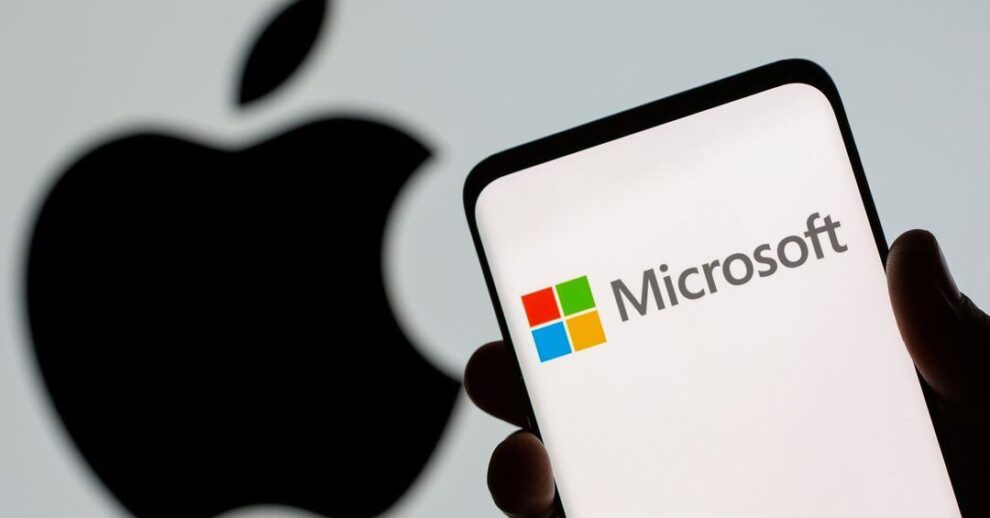Apple has had a string of successes over the past two decades, but Microsoft’s embrace of generative AI will soon push it past its tech rival, according to ComputerWorld.
Since 2011, Apple has been the world’s biggest company by market capitalization on almost a daily basis, dropping on occasion to second place. When it first took the title, Apple was worth a bit under $340 billion. By this past June, it had become the first company in history with a market cap of $3 trillion. The company’s rise and continued dominance has been fueled by innovation, elegant design, and a maniacal focus on getting the small details right.
Microsoft has long been the anti-Apple. No one would call Windows elegantly designed. No one who has ever used a Microsoft product would accuse the company of a maniacal focus on the smallest details. As for innovation, many of its products have been me-too copycats that became successful largely by piggybacking onto Microsoft’s worldwide laptop and desktop operating system monopoly of Windows.
But there’s a very good chance that sometime in 2024, Microsoft will overtake Apple in market capitalization — and keep that lead for the foreseeable future. And it will do so based on innovation, while Apple contents itself to milk an aging product line for bottom-line results.
It’s no secret that Apple’s startling success was built on the singular vision of Steve Jobs. The company’s most important products, from the Macintosh to the iPod, the iMac, the MacBook, the iPhone, and the iPad bore his unique imprint. It wasn’t that he envisioned new products from scratch. The Mac, for example, was released three years after the IBM PC. And Microsoft had a mobile operating system called Pocket PC and then Windows Mobile as early as 2003 — four years before the iPhone launched.
Jobs was able, though, to reimagine existing products, to recognize how people wanted to use them (even before people themselves knew it). The products he created transcended their functionality, and were beautiful to look at, touch, and use. You might pick up any of them, not necessarily to get something done as much as to revel in the pleasure of using them.
It’s rare you’ll get pleasure from merely using something Microsoft built. Windows Mobile, for example, was as dreary an operating system you’d ever find. Essentially, it was an attempt to put Windows in a person’s pocket, was unpleasant and difficult to use, and didn’t even run downloadable apps. With better software and top-grade hardware, the iPhone was everything Windows Mobile wasn’t — sleekly designed, something you couldn’t wait to get your hands on, and once you did, something you couldn’t stop using.
After the iPhone launched in 2007, it added countless billions of dollars to Apple’s bottom line, and is the main reason Apple is the world’s largest company today.
Tim Cook has been an excellent shepherd of the work Jobs initiated. He’s a classic technocrat, increasing efficiency, targeting new markets, wringing every last dollar possible out of Apple’s products. But he’s no visionary. Under his leadership, there have been no groundbreaking new products. Yes, he launched the Apple Watch and AirPods. But neither is a game-changer. Neither transformed the tech world and the world itself the ways Jobs’ products did.
Microsoft has followed a trajectory that’s the exact opposite of Apple’s. The company was built on grunt work rather than vision. From the beginning, founder Bill Gates cared more about making as much money as possible, as quickly as possible, than he did about groundbreaking ideas or the elegance of his products.
Source: AZERTAC











